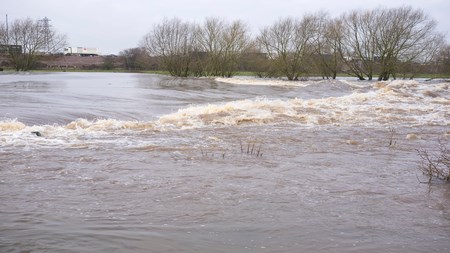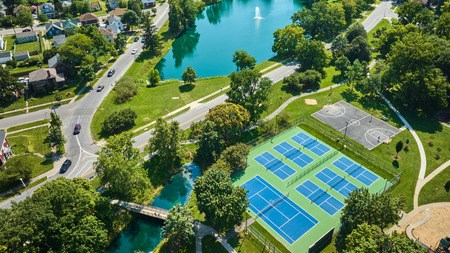Climate change is one of mankind’s biggest challenges ever faced. Reports on the rate at which it is happening may vary, but one thing that most agree on is its effect on Africa’s water security. Over the next few weeks we will be looking at how homeowners can green their homes, save water and electricity and in the process, money.
In the twelve year period between 1995 and 2006, eleven of those years ranked among the warmest years in the record of global surface temperatures. With an average mean rainfall of approximately 490mm, South Africa is largely a semi-arid country. With increasing evaporation rates and only 9% of rainfall converting to river run-off, water is a commodity that needs to be managed effectively, and homeowners all have a part to play.
While it is up to scientists in white coats and those with political clout to make policy changes, the average homeowner can take a few steps to save water and money (also an important resource in these economically unsure times). Rainwater and greywater harvesting systems are becoming more prevalent among homeowners wishing to green their houses.
Simply put, rainwater harvesting systems collect water that runs off your roof when it rains and stores it in a tank (or tanks). This stored water can then be used for a number of functions including irrigation, filling baths, showers or toilets. Rainwater is not suitable for drinking though in some countries, systems are being installed that purify this water and make it safe for consumption.
Greywater harvesting systems catch water from generated from domestic activities such as laundry, dishwashing, and bathing, filter it, then immediately irrigate your garden. Though filtered, this water cannot be used for drinking and homeowners need to ensure that they use organic and environmentally friendly detergents to prevent damage to their plants. Greywater accounts for the biggest portion of municipal water wasted even though, unlike blackwater (sewerage), it can easily be re-used.
The big question: how much will I save if I install a water harvesting system? There are many factors to take into consideration – number of and tank size, roof size, roof surface – tiled or metal, and number of people in the household. It is very possible to remove yourself from the water grid almost entirely. A Western Cape based company claims that up to 90% of a municipal bill can be saved through water harvesting. This figure may seem far fetched but it is important to remember that only 3% of household water consumption is used for drinking or cooking – the rest goes to watering the garden, washing cars, bathing and laundry.
Like many energy and water saving systems the major downfall is the initial cost. Once again, factors such as number of and tank size come in to play. If you are building a home it may be less costly to install a harvesting system than it would to work around existing plumbing structures. Urban Rain Systems start their tank prices at R4500 while Water Rhapsody, who use JoJo Tanks in their installations, estimate that a greywater system will cost upwards of R7800.
Next week: how can people who live in flats or townhouse complexes that don’t allow harvesting systems to be installed save on their water bill?



